Filter by
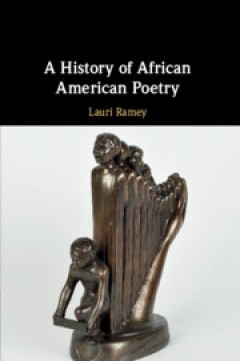
A History of African American Poetry
African American poetry is as old as America itself, yet this touchstone of American identity is often overlooked. In this critical history of African American poetry, from its origins in the transatlantic slave trade, to present day hip-hop, Lauri Ramey traces African American poetry from slave songs to today's award-winning poets. Covering a wide range of styles and forms, canonical figures l…
- Edition
- -
- ISBN/ISSN
- 9781139548939
- Collation
- -
- Series Title
- -
- Call Number
- -
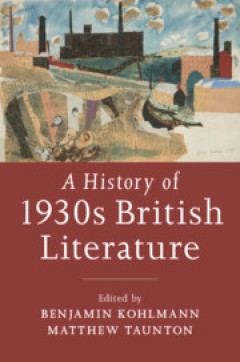
A History of 1930s British Literature
This History offers a new and comprehensive picture of 1930s British literature. The '30s have often been cast as a literary-historical anomaly, either as a 'low, dishonest decade', a doomed experiment in combining art and politics, or as a 'late modernist' afterthought to the intense period of artistic experimentation in the 1920s. By contrast, the contributors to this volume explore the conto…
- Edition
- -
- ISBN/ISSN
- 9781108565592
- Collation
- -
- Series Title
- -
- Call Number
- -
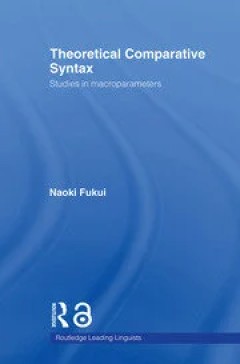
Theoretical Comparative Syntax
Collected for the first time in a single volume, these essays and articles by Naoki Fukui form an outline of some of the most significant and formative contributions to syntactic theory. Focusing particularly on the typological differences between English/type language and Japanese/type languages, Fukui examines the abstract parameters that both link and divide them. Linguistic universals are c…
- Edition
- -
- ISBN/ISSN
- -
- Collation
- -
- Series Title
- -
- Call Number
- -
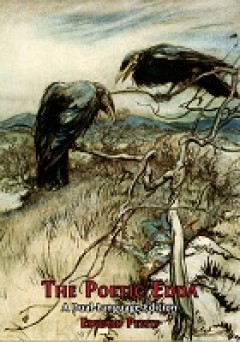
The Poetic Edda: A Dual-Language Edition
This book is an edition and translation of one of the most important and celebrated sources of Old Norse-Icelandic mythology and heroic legend, namely the medieval poems now known collectively as the Poetic Edda or Elder Edda. Included are thirty-six texts, which are mostly preserved in medieval manuscripts, especially the thirteenth-century Icelandic codex traditionally known as the Codex Regi…
- Edition
- Ed. 1
- ISBN/ISSN
- 9781800647725, 9781800647732
- Collation
- 894
- Series Title
- -
- Call Number
- 801 PET p
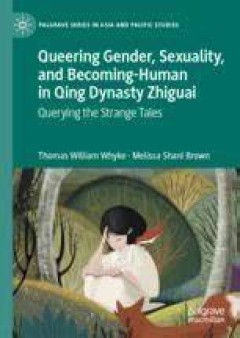
Queering Gender, Sexuality, and Becoming-Human in Qing Dynasty Zhiguai
This book offers queer readings of Chinese Qing Dynasty zhiguai, ‘strange tales’, a genre featuring supernatural characters and events. In a unique approach interweaving Chinese philosophies alongside critical theories, this book explores tales which speak to contemporary debates around identity and power. Depictions of porous boundaries between humans and animals, transformations between g…
- Edition
- 1
- ISBN/ISSN
- 978-981-99-4258-9
- Collation
- Gender
- Series Title
- -
- Call Number
- 305.3
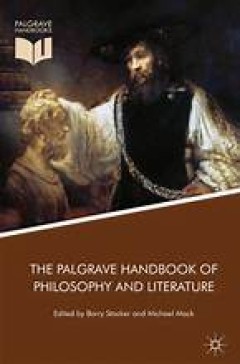
The Palgrave Handbook of Philosophy and Literature
This comprehensive Handbook presents the major perspectives within philosophy and literary studies on the relations, overlaps and tensions between philosophy and literature. Drawing on recent work in philosophy and literature, literary theory, philosophical aesthetics, literature as philosophy and philosophy as literature, its twenty-nine chapters plus substantial Introduction and Afterword exa…
- Edition
- 1
- ISBN/ISSN
- 978-1-137-54794-1
- Collation
- Literasi Filsafat
- Series Title
- -
- Call Number
- 379
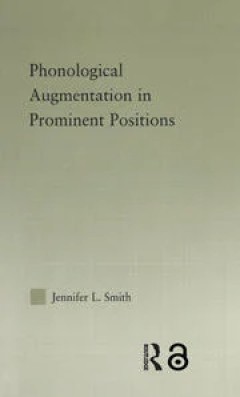
Phonological Augmentation in Prominent Positions
Phonologically prominent or "strong" positions are well known for their ability to resist positional neutralization processes such as vowel reduction or place assimilation. However, there are also cases of neutralization that affect only strong positions, as when stressed syllables must be heavy, default stress is inserted into roots, or word-initial onsets must be low in sonority. In this book…
- Edition
- -
- ISBN/ISSN
- -
- Collation
- -
- Series Title
- -
- Call Number
- -
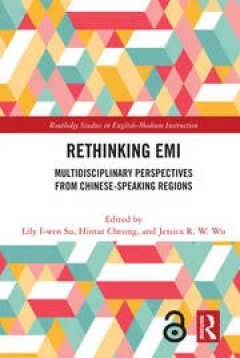
Rethinking EMI
Due to the competitive edge it confers on students, educational institutions, and non-English speaking nations in a globalized economy, English as a medium of instruction (EMI) has been gaining popularity in tertiary education in non-native English-speaking (NNES) countries. Institute-wide EMI implementation has often been imposed by top-down decisions, in combination with the optimistic view t…
- Edition
- -
- ISBN/ISSN
- -
- Collation
- -
- Series Title
- -
- Call Number
- -
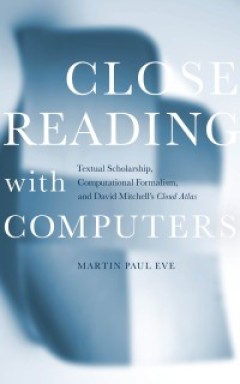
Close Reading with Computers: Textual Scholarship, Computational Formalism, a…
Rather than working at the usual scales of distant reading, this book shows what happens when we bring techniques from the digital humanities to bear on a single novel for close readings.
- Edition
- -
- ISBN/ISSN
- 9781503609372
- Collation
- -
- Series Title
- -
- Call Number
- 823.914
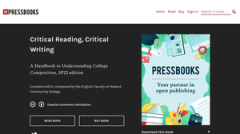
Critical Reading, Critical Writing
Overview: A Handbook to Understanding College Composition, SP22 edition. Curated and/or composed by the English Faculty at Howard Community College.
- Edition
- -
- ISBN/ISSN
- -
- Collation
- -
- Series Title
- -
- Call Number
- -
 Computer Science, Information & General Works
Computer Science, Information & General Works  Philosophy & Psychology
Philosophy & Psychology  Religion
Religion  Social Sciences
Social Sciences  Language
Language  Pure Science
Pure Science  Applied Sciences
Applied Sciences  Art & Recreation
Art & Recreation  Literature
Literature  History & Geography
History & Geography